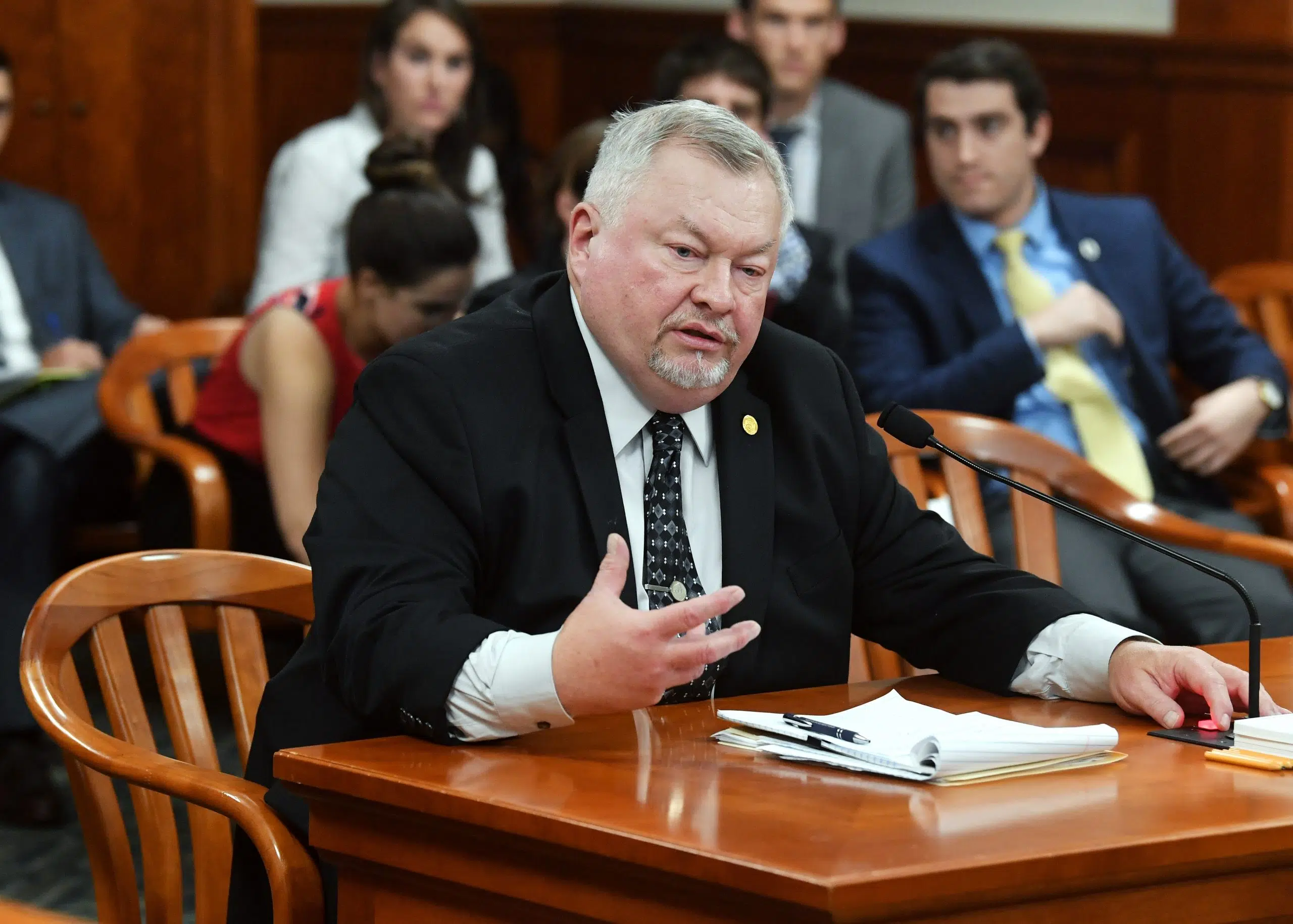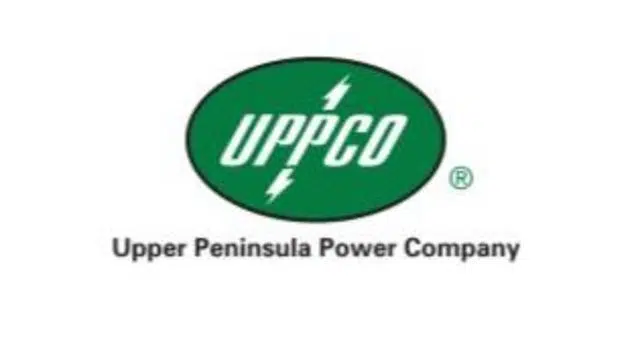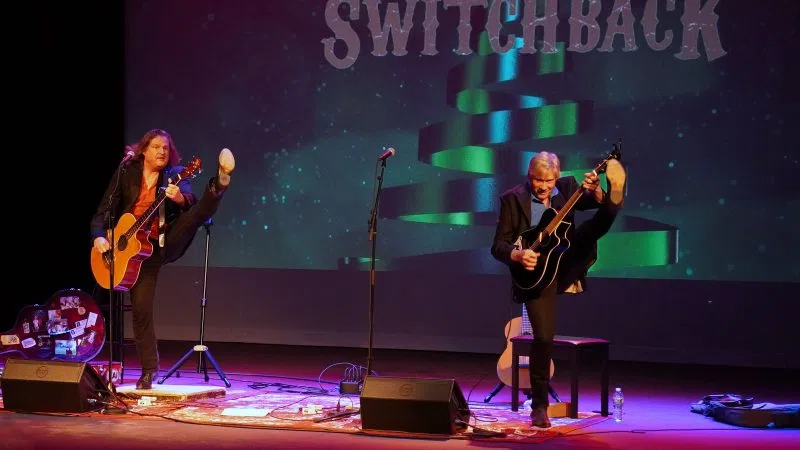State Rep. Greg Markkanen, of Hancock, outlined the need to expand a vital program that will allow more people across the U.P. and Michigan to generate their own energy to meet their specific needs.
Law signed in 2008 established a net metering program that allowed Michigan residents to use on-site renewable energy generation – such as rooftop solar – through their utility companies.
This method was a distinct shift from centralized, utility-owned generation sources like traditional power plants fueled by coal, natural gas, nuclear power, or utility-scale solar and wind farms. Eventually, the state studied a replacement for metering that would better reflect the cost of serving customers who produce their own electricity.
But impractical parameters were put in place that required utilities to maintain these programs at a very low clip compared to average energy demands. Few companies statewide have felt incentivized to raise their bar for renewable services even as the demand for it bumps up against this allowable ceiling.
Markkanen’s plan, House Bill 4236, eliminates the restrictive 1-percent average peak-load cap on utility customers who can enroll in a program that uses renewable energy such as wind, solar and biomass – as it currently does not allow for future customers who want to start generating their own energy.
“The current structure creates a disincentive to investing in new energy infrastructure – and that ultimately sets Michigan back going forward,” said Markkanen after a webinar on the plans Tuesday. “It’s always a good thing for people to have options, and this legislation allows for more people to invest in these renewable resources while also saving their hard-earned money on energy bills.
“They’re not going to have that option if we don’t pass this legislation because utilities are going to tell them they can’t go past what they are capped at.”
Solar generation is the fastest-growing electricity source in the U.S., according to the Center for Climate and Energy Solutions. In addition, renewable energy made up nearly 20 percent of utility-scale U.S. electricity generation in 2020.
Markkanen’s proposal is part of a bipartisan plan including HBs 4715-16 – which explore the creation of community-based solar power facilities and would offer bill credits to a subscriber’s monthly electric bills based on output from the facilities. Markkanen has co-sponsored the bills, and currently serves as the vice-chair of the House Energy Committee for the 2021-22 legislative term.
“I will continue pushing within our committee for the advancement of these bills, as they make sense for the future of our state and will save people money,” Markkanen said.
The bills remain under consideration in the House Energy Committee.



























Comments